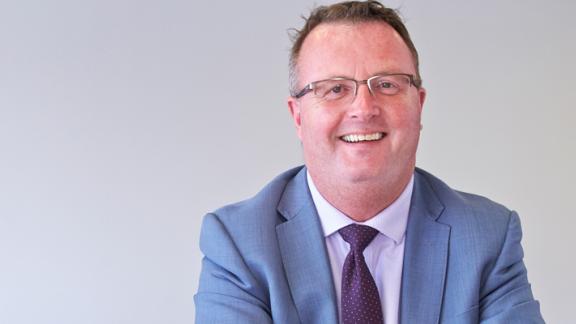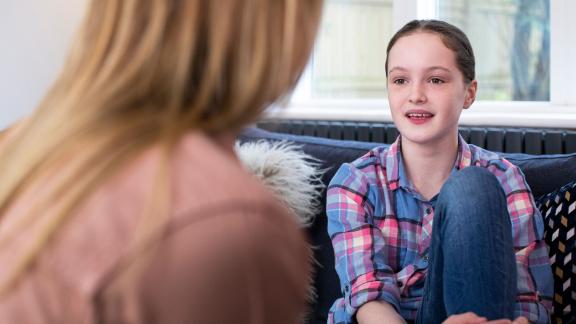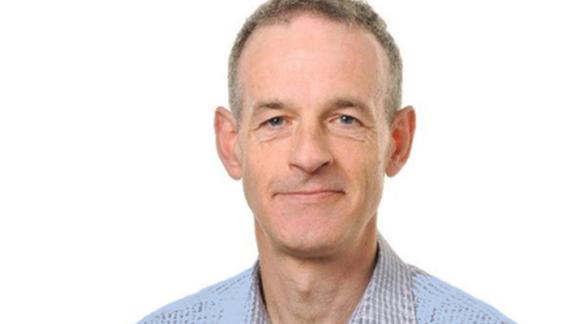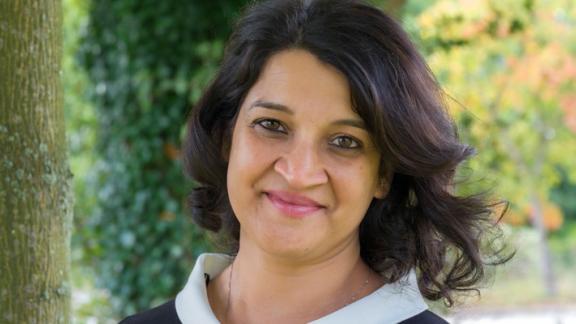Including infants in children and young people's mental health
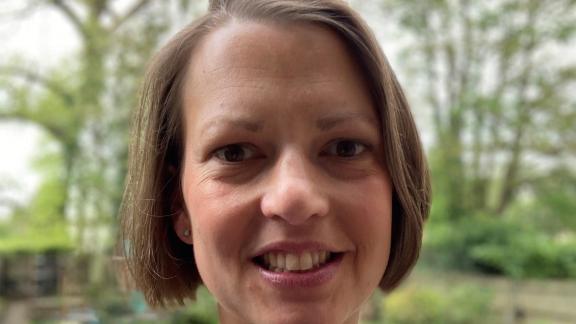
The NHS Long Term Plan for England sets out a vision for ‘a comprehensive offer for 0-25 year olds that reaches across mental health services for children, young people and adults’ (page 51). Sally Hogg of the Parent-Infant Foundation looks at new research released earlier this month which shows, yet again, how far we are away from achieving this goal.
A survey of nearly 300 children and young people’s mental health professionals by the Parent-Infant Foundation found that:
- Only 36 per cent of respondents said that, within children and young people’s mental health services in their area, there are mental health services that can work effectively with babies and toddlers aged 0-2.
- Only 9 per cent of respondents felt there was ‘sufficient provision available for babies and toddlers whose mental health was at risk’ in their area.
- Only 52 per cent of respondents said their local NHS children and young people’s mental health service took referrals for children aged two and under. Many of these respondents told us that, while this was the referral criteria on paper, in reality, the service was not working with young children.
Only 9 per cent of respondents felt there was ‘sufficient provision available for babies and toddlers whose mental health was at risk’ in their area
The ‘baby blindspot’
It is clear that there is a widespread ‘baby blindspot’ in our children and young people’s mental health system.
The theme of Infant Mental Health Awareness Week earlier this month was #IncludingInfants, with the aim of trying to address these issues. During the week, and going forwards, we are calling on everyone to adopt the language of ‘infant, children and young people’s mental health’ to help us to shift understanding, attitudes, policy and provision to consider and respond to the needs of our youngest children. We were delighted that 100 professionals and organisations, such as the NSPCC and the Children’s Commissioner for Northern Ireland made an #IncludingInfants pledge during the week.
Taking action
Essex, Thurrock and Southend is one of 39 areas across the UK that have taken action to ensure there is specialised mental health provision to meet the needs of the youngest children, by commissioning a specialised parent-infant relationship team.
Specialised parent-infant relationship teams deliver highly skilled infant mental health provision. They are multi-disciplinary teams, led by specialised mental health professionals, able to provide families with a tailored package of support to strengthen and repair early relationships.
The Essex team, Together with Baby, like all parent-infant teams, provide therapeutic support to families where there are challenges in early relationships between parents and their babies, and offer training and consultation to the local workforce to protect and promote infant mental health.
The impact
The team has been in operation for two years. A recent evaluation by City University showed that families described our service as life changing, and as having prevented harm to them and their babies. Referrers described the team as offering a distinctive and vital service that fills a gap in provision, potentially impacting short-term and much longer-term outcomes for children. This film describes more about the team and the evaluation.
A recent evaluation showed that families described our service as life changing, and as having prevented harm to them and their babies
Plugging the gap and breaking the cycle
The Parent-Infant Foundation’s research found significant gaps in workforce training, knowledge and confidence relating to work with babies and toddlers. For example, during their pre-qualification training, 26 per cent of respondents had not been taught to work with 0–2-year-olds and 48 per cent had not had experience of working with this age group during their training. Such gaps could create a vicious cycle: without services in place, practitioners do not have opportunities to gain the skills and understanding of infant mental health, this means they are less likely to recognise the need for a service and to drive changes in provision.
Where they exist, parent-infant teams can break this cycle. Together with Baby has provided infant mental health training for a wide cross-section of the children’s workforce in Essex. The evaluation found that this training supported universal services to have the confidence to offer light-touch support to the parent-infant relationship but to know when, who and how to refer for specialised support.
Early years matter
Ensuring there is provision to support infant mental health, and a skilled workforce to deliver this, are critically important, not only because our youngest children should have access to mental health support, as other children do, but also because the early years are such an important developmental stage. Infant mental health lays the foundations for later health and wellbeing. Getting things right early can reduce unnecessary suffering, and service use, across the life course.
There is a clear need for concerted action to develop comprehensive infant, children and young people’s mental health services. Areas that are developing infant mental health services – including the 39 areas of the UK, like Essex, with a specialised parent-infant relationship team - are showing how that can be done.
Calling on commissioners – NE and North Cumbria
We want to understand more about what might help commissioners develop mental health services for the youngest children. We are working with the University of Newcastle on an NIHR-funded project to develop a commissioning support tool. If you’re a commissioner in the North East and North Cumbria region, and would be happy to participate in a short interview or would like to register to receive the learning from the project, please get in touch with karen@parentinfantfoundation.org.uk.
Sally Hogg is head of Policy and Campaigning at the Parent-Infant Foundation. Follow her and the organisation on Twitter @salhogg @parentinfantFdn
